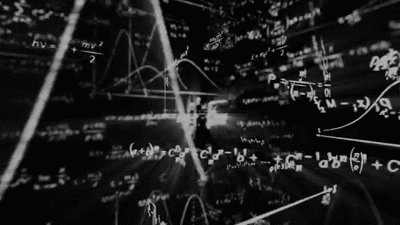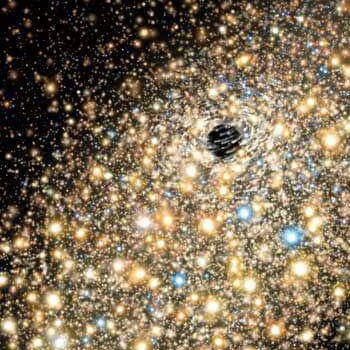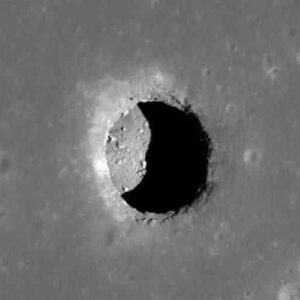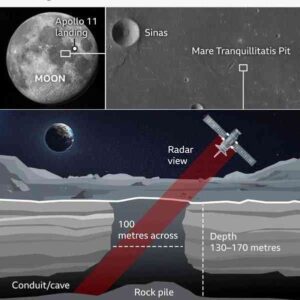-
Javohir Nabijonov joined the group
 Math & Physics
Math & Physics -
Xushnoza-Abdumutalova joined the group
 Math & Physics
Math & Physics -
Rayhona joined the group
 Math & Physics
Math & Physics -
Rayhona joined the group
 Space Club
Space Club -
Rayhona joined the group
 ●Astro ■|■Space ●hole
●Astro ■|■Space ●hole -
Muhammad Ali joined the group
 ●Astro ■|■Space ●hole
●Astro ■|■Space ●hole -
Abdulloh posted in the group ●Astro ■|■Space ●hole
What was there before the Big Bang? This question fascinates many and puzzles all. For the physicist, any attempt to answer it collides head on with the fact that our current theories simply do not apply. Indeed, our physical laws cannot go back infinitely in time: they stopped at “Planck time,” 10−43 s after the Big Bang. This is the smallest duration of time that quantum physics allows to describe. This Planck limit can be viewed as an absolute barrier, impossible to penetrate. The Universe is explainable with our physical laws only after this instant. To search what was before Planck time is like searching for a period before time itself existed, or looking for space outside space. Neither time nor space existed before the Big Bang. Moreover, our physics is unable to describe phenomena of temperature greater than 1032 K (limit called “Planck temperature”). At these enormous energies, quantum and relativistic effects start to interplay and cloud the issue. Even the concepts of space and time lose their meaning. Any calculation done within the framework of current theories remains impossible. Still, we can persist in asking: what was there before? We do not have (yet) the tools to answer. We can only speculate, using string theory to bypass the issue and to push back the limits. Our Universe would be only one of the realizations of a vast cosmic landscape covered with a multitude of disjointed universes, each with its own space-time. This “multiverse” or “megaverse,” in the words of Leonard Susskind, one of the creators of string theory, is eternal and had no beginning. It was from this unimaginably vast and eternal generative landscape that our own Universe was born. It would be unique by its physical laws, each universe having its own set of “fundamental constants,” with values very different from ours.
Is Big Bang perfect for understanding the beginning of universe -
Abdulloh created the group
 ●Astro ■|■Space ●hole
●Astro ■|■Space ●hole -
layli-obidova joined the group
 Space Club
Space Club -
Saidkamol joined the group
 Space Club
Space Club -
Dilshod joined the group
 Space Club
Space Club -
Muhammad Amin joined the group
 Space Club
Space Club -
-
-
Muhammad Ali posted in the group Space Club
THE MOON HAS CAVES?!
Scientists have made an astonishing discovery: a deep cave on the Moon, potentially over 100 meters in depth.
Located on Mare Tranquillitatis, the same spot where Apollo 11 landed, it was found using radar technology.
This cave formed millions or even billions of years ago and could be similar to volcanic caves on…Read More
- Load More Posts
Deep discussions






